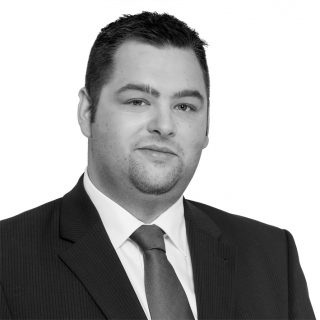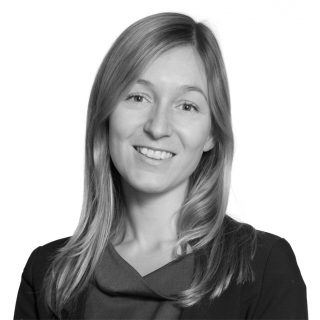When Beiersdorf advertised its Nivea Q10 Plus face cream with the strapline ‘The World’s Favourite anti-wrinkle cream,’ Johnson & Johnson was quickly on the scene crying foul. What was the ASA verdict and what’s the test to apply?
What happened:
Press and TV advertising for Beiersdorf's "Nivea Visage Q10 Plus" face cream included the claim "The world's favourite anti-wrinkle cream* *Nielsen Trade Panel 2003-2004."
Competitor Johnson & Johnson contacted the Advertising Standards Authority challenging the claim.
Beiersdorf sent to the ASA a report compiled by ACNielsen Global Services. This listed a total number of 17 different wrinkle creams sold in 43 countries worldwide. The countries were selected because they were the largest markets for facial products by turnover. The report showed that in 2003, 2004 and 2005, Nivea Visage Q10 Plus sold more units in total than any other wrinkle cream.
Beiersdorf said it would amend the ads in future to say "Nielsen Trade Panel 2003-2005."
The ASA felt that readers would understand the claim "The world's favourite wrinkle cream" to mean that the product sold more units worldwide than any other wrinkle cream.
But were 43 countries out of the 200 or more recognised by the UN enough? The ASA felt this was a reasonable estimate of worldwide sales and that the claim had been substantiated. The ads should have also cited the 2005 figures but as these supported the claim anyway, nobody was being materially misled. So the Johnson & Johnson complaint was not upheld.
Why this matters:
When some years ago British Airways' "World's favourite airline" claim was challenged before the Advertising Standards Authority, BA defended the claim successfully on the basis of quite different research. This showed that they carried more international passengers than any other airline.
By contrast Ryanair announced on its own website on 3 November 2006 that its position as successor to BA as "The world's favourite airline" had been confirmed once again. This was because 3.73 million passengers chose to travel with Ryanair during October 2006 in Europe/UK, compared to 2.06 million who flew with BA in Europe/UK.
As Ryanair knows, ad content on its own website is not subject to ASA challenge and we will have to see if it carries the same claim in paid-for advertising. Be that as it may, however, we have three quite different measures here for calculating whether a product or service is the "world's favourite."
If Johnson & Johnson had fore-armed itself with up to date research showing its wrinkle cream was sold in more countries than the Nivea product or any other competitor, surely this would have shown it had more international users than any other wrinkle cream and was therefore the world's favourite?
But can an advertiser set its own rules for measuring a superlative claim by simply citing supporting data that seems "a reasonable estimate" or should there not be one test and one measure for all?
We think we should be told.






